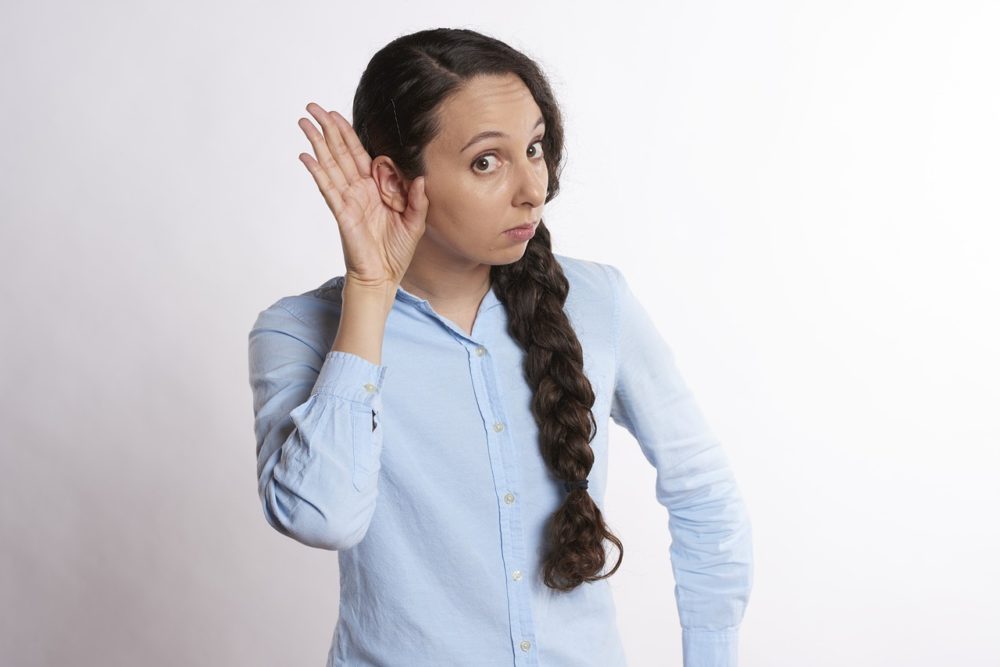
Hearing loss is a common ailment that can affect anyone, young or old. Unfortunately, there are many causes of hearing loss. Hearing loss can either be present at birth, or it can be acquired throughout life, at any point. Sensorineural, the most common type of hearing loss, can happen to anybody, at any age. Sensorineural hearing loss can be caused by medications, noise exposure, and also by aging. While aging is unavoidable in life, and we don’t always have a choice when it comes to medications, excessive exposure to loud noises can be harmful to your ears. Noise-induced hearing loss, the second most common cause of permanent hearing loss, can occur when you are exposed to loud noise for a prolonged period of time, and you are not wearing any hearing protection. However, with the proper knowledge and awareness, hearing loss is avoidable and can be prevented.
Safeguard your hearing by taking the proper precautions to protect yourself from hearing loss. To help spread knowledge and awareness, read on to learn more about the top causes of hearing loss.
1. Loud Noise: Loud noises, from a fireworks show or a gunshot, can create powerful sound waves. These sound waves have the ability to rupture your eardrum or cause damage to the inner ear.
2. Changes in Pressure: Going through sudden changes of pressure can damage the inner ear, middle ear, as well as the eardrum, which can lead to damage and hearing loss.
3. Aging: Despite your best efforts, your ability to hear can decline as you get older. Age-related hearing loss is typically caused by the loss of inner-ear hair cells, which happens naturally as you age. Because of this, there is no definitive way to avoid or prevent hearing loss as you age.
4. Earwax Buildup: Even though earwax is naturally occurring, too much earwax can create problems. When earwax becomes built up or impacted, it can create a blockage in your ear that can that affect your ability to hear.
5. Prolonged Noise Exposure: Continuous loud noises can lead to permanent hearing loss, and unfortunately, the most common culprit is prolonged noise exposure in the workplace. An estimated 30 million Americans are exposed to damaging noise levels while at work.
6. Medication: Hearing loss can be a side effect of certain medications. For example, regular use of acetaminophen, aspirin, and NSAIDs can increase your risk of hearing loss.
7. Injuries: Permanent hearing loss can occur due to injuries. For instance, head and facial trauma can dislocate the bones in the middle ear or cause nerve damage. Both types of injuries can open the door to permanent hearing loss.
8. Headphones: A good rule of thumb is, if others can hear your music when you are wearing headphones, your music is too loud. So be sure to turn down the volume, because prolonged use of headphones at a high volume can double your risk for hearing loss.
9. Disease: Certain chronic conditions, such as diabetes, high blood pressure, stroke, rheumatoid arthritis, and heart disease, have hearing loss as one of its side effects.
10. Tumors: Both noncancerous growths (such as osteomas, exostoses, and benign polyps) and tumors can cause a blockage in the ear canal, which can lead to hearing loss.